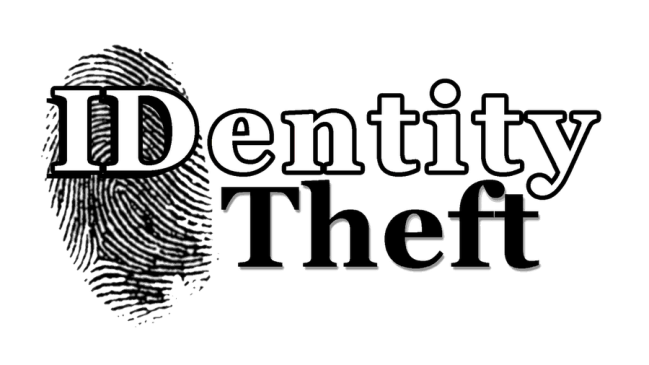1. Phone Numbers
Most people have their phone number displayed on the web. It makes sense, because you want people to be able to call you. There are caller ID frauds that allow someone to call a company and put your telephone in the company’s caller ID, therefore impersonating you in an attempt to scam them, using YOUR number. It’s fairly easy to do. If you want to list your cell phone online, don’t list your direct cell phone line, instead use an application like google voice and provide that number for use online. When people call your google voice number, it goes directly to your phone without revealing any personal information, such as your billing name and address.
2. Dates and ZIPs
Birthdays, college attendance, employment, when you resided at a particular address, ZIP codes associated with open bank and credit card accounts. These can help a scam artist to impersonate you to either gain access to your sensitive information, or allow them enough information to act as you to open news accounts. In order to protect this, you may want to give “just enough” information. Yes, we all love birthday wishes on social media, but leave your year of birth out of the public view. Besides, it works well if you are turning 40 for the 6th time in a row.
3. PIN Codes
Card-skimmers use a device to capture your debit card information while a camera records you as you type in your PIN code, making it very easy for a thief to replicate. In short an ATM or gas station pump that has been hacked scans your card information and then is relayed to the scammer. Sometimes they even control the camera which shows you typing your pin number. Thereafter, this information is sold on the black market to make phony credit or debit cards with. Try using your bank’s ATM – not the random ones in a convenience store. When you go to the gas pump, use your credit card, not your debit card, better yet, try to use cash.
4. Social Security Numbers
I hope by now people have stopped carrying their social security card in their wallet! Your Social Security number is the skeleton key to your finances. There are many places that ask for it, but don’t actually need it. Be very careful about who gets it and find out how they collect it, store it and protect it. Whenever you’re asked for your SSN, always consider whether the request is logical based upon the context of your relationship with them.
5. Bank Account Numbers
Your bank account number is on your checks, which makes a personal check one of the least secure ways to pay for something. Consider using a credit card or online bill pay through your bank instead.
6. IP Addresses
Scammers can use malware and a remote access tool (RAT) to lock files on your computer and then demand a ransom in exchange for access. A message informing a user that his or her IP address is associated with online criminal activity is a common scare tactic used in ransom malware scams. I have news for you, if law enforcement felt that you were involved in online criminal activity, they wouldn’t send you an email. Do not respond to it. Bring your computer to the authorities, most likely there are others that are being targeted too.
7. Driver’s License and Passport Numbers
These are critical elements of your personally identifiable information that represent major pieces of your identity. Once scammers have the number, these documents can be easily counterfeited. Countless times each day, millions of personal documents undergo major makeovers and suddenly feature new names, addresses and photographs of fraudsters.
8. Health Insurance Account Numbers
Health insurance fraud is on the rise, and one of the biggest growth areas is identity-related health care crimes. Besides inconvenient, in terms of your credit and finances, this can be life threatening – imagine a fraudster’s medical information gets commingled with yours (blood type changes, eliminating certain allergies to meds or presenting new ones). When treatment is prescribed based upon incorrect information in the file the results could be deadly.
Be paranoid.
Data breaches such as the one with Target over the holidays, the recentBlackShades Malware and Heartbleed aren’t the sexiest of criminal activities, but they are where crime is going, not just in the future, but now. You have to read about them. Every new data breach, a compromise in security and scam could become crucial news to you. It also may highlight some of your security weaknesses such as using your kids names in your passwords or using the absolute worst password ‘123456’.

